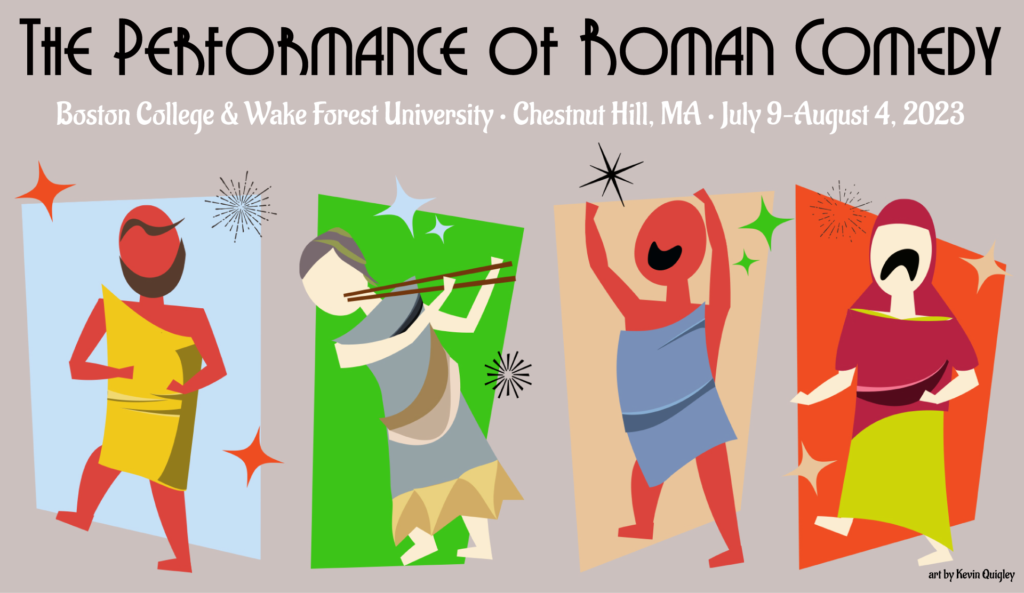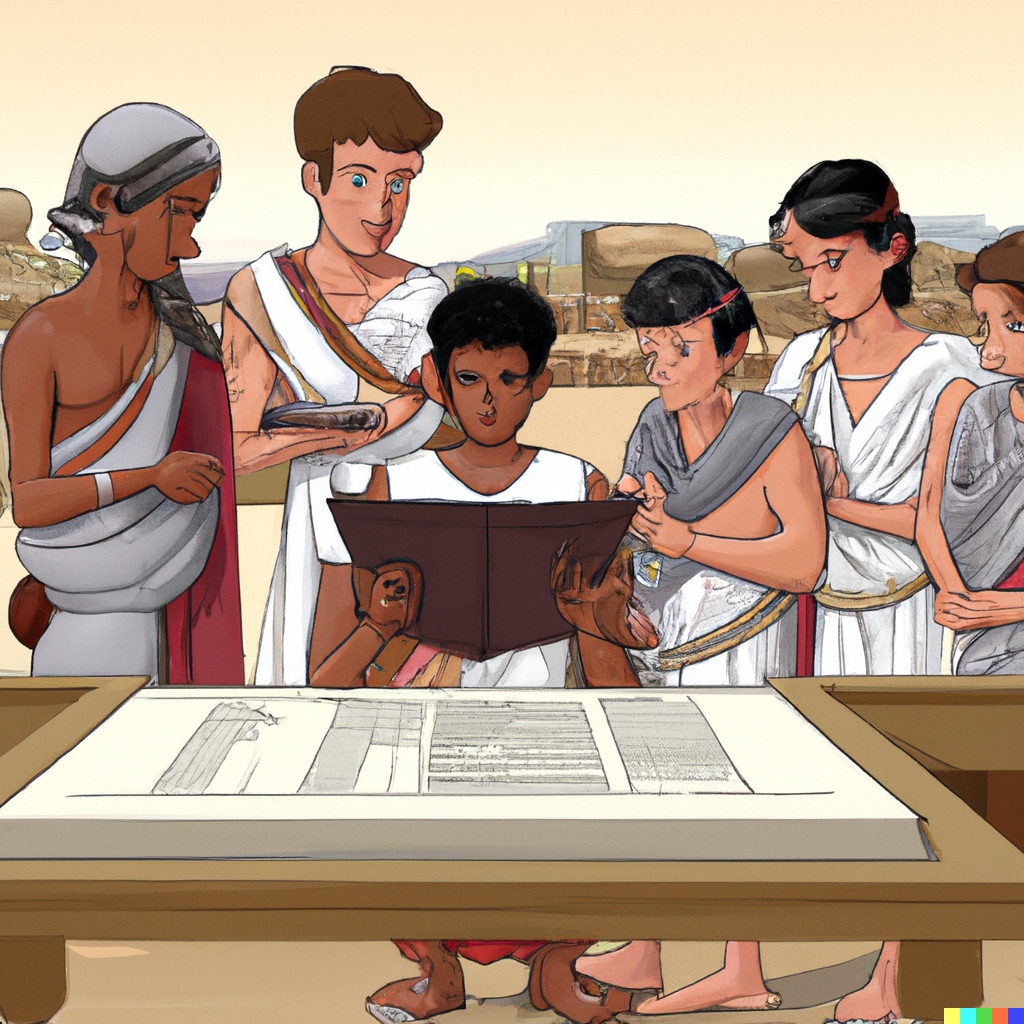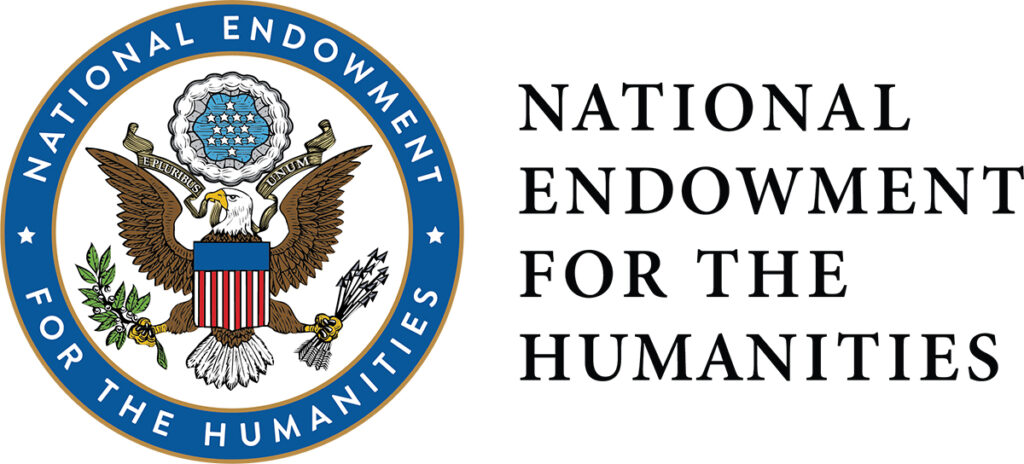Nondiscrimination

The following statement applied to the 2023 NEH Institute and is preserved here for archival purposes. The products of the NEH Institute do not discriminate against any group in any way.
The directors of this Institute reject discrimination of any kind and embrace antiracist principles in every aspect and process of the Institute, from selection to pedagogy to community-building.

National Endowment for the Humanities programs do not discriminate on the basis of race, color, national origin, religion, sexual orientation, disability, or age. For further information, write to the Equal Opportunity Officer, National Endowment for the Humanities, 400 7th Street, SW, Washington, DC 20024. TDD: 202-606-8282 (this is a special telephone device for the Deaf).
The physical host of the Institute, Boston College, is committed to the policies, principles, and practices of equal opportunity, affirmative action, and nondiscrimination in all of its activities, including, but not limited to employment. Boston College commits itself to maintaining a welcoming environment for all people and extends its welcome in particular to those who may be vulnerable to discrimination, on the basis of their race, ethnic or national origin, religion, color, age, gender, marital or parental status, sexual orientation, veteran status, or disabilities.
The host of the Institute’s digital presence, Wake Forest University, prohibits discrimination in its employment practices and its educational programs and activities on the basis of race, color, religion, national origin, sex, age, sexual orientation, gender identity and expression, genetic information, disability and veteran status.
Principles of Civility for NEH Professional Development Programs
NEH Seminars, Institutes, and Landmarks programs are intended to extend and deepen knowledge and understanding of the humanities by focusing on significant topics, texts, and issues; contribute to the intellectual vitality and professional development of participants; and foster a community of inquiry that provides models of excellence in scholarship and teaching.
NEH expects that project directors will take responsibility for encouraging an ethos of openness and respect, upholding the basic norms of civil discourse.
Like all Seminar, Institute, and Landmarks presentations and discussions should, this Institute will be:
- firmly grounded in rigorous scholarship, and thoughtful analysis;
- conducted without partisan advocacy;
- respectful of divergent views;
- free of ad hominem commentary; and
- devoid of ethnic, religious, gender, disability, or racial bias.

Image created by T. H. M. Gellar-Goad using DALL·E.
NEH welcomes comments, concerns, or suggestions on these principles at questions@neh.gov.
The Performance of Roman Comedy has been made possible by a major grant from the National Endowment for the Humanities: Democracy demands wisdom.

Any views, findings, conclusions, or recommendations expressed in this program do not necessarily represent those of the National Endowment for the Humanities.
